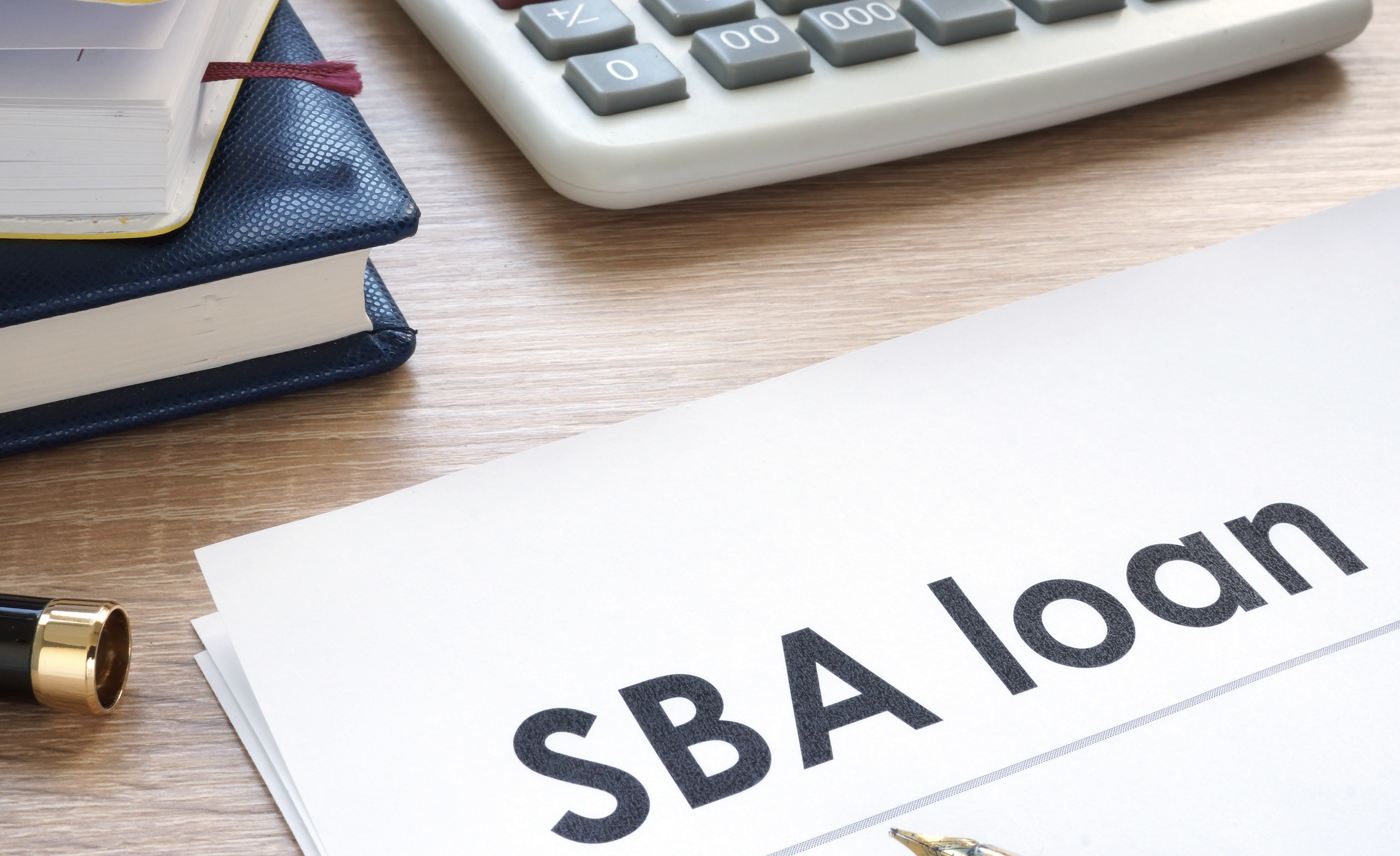- 9825 Marina Blvd #100, Boca Raton, FL 33428
- 561-609-7325
Follow Us :

John C Bucher
March 26, 2024

Small Business Administration (SBA)–approved businesses enjoy a significantly higher success rate than startups without SBA support. This isn’t just coincidence—it’s because these businesses have already met stringent operational, financial, and risk assessment criteria.
For aspiring entrepreneurs, this means you’re starting with a business that’s already been vetted for profitability and stability. The SBA doesn’t just approve businesses; it also provides access to favorable financing options and ongoing guidance.
An SBA-approved business is a business that meets the requirements to qualify for financing under programs offered by the U.S. Small Business Administration (SBA). These programs, such as the SBA 7(a) Loan or SBA 504 Loan, are designed to make it easier for entrepreneurs to buy established businesses.
When a business has SBA approval, it means the SBA has effectively pre-vetted its financial health, operational stability, and industry eligibility. Buyers looking at such a business can have more confidence because it has already passed a rigorous screening process by both lenders and the SBA.
To qualify, a business must typically:
Demonstrate consistent profitability over several years.
Operate in an eligible industry (some, like speculative real estate or gambling, are excluded).
Show the ability to generate enough revenue to cover loan repayments.
Buying an SBA-approved business comes with significant advantages:
Higher Buyer Confidence – Because the SBA has reviewed the business’s financials and operations, buyers can feel reassured they are purchasing a stable venture with a proven track record.
Lower Financing Barriers – SBA-backed loans typically require lower down payments and offer longer repayment terms compared to conventional business loans, making ownership more accessible.
Increased Business Longevity – Studies show SBA-approved businesses tend to have greater survival rates than startups, largely because they’re already generating revenue and operating within a tested model.
Purchasing an SBA-approved business offers multiple benefits that help reduce risk and increase the likelihood of long-term success:
Easier Financing – With SBA loans, buyers can often finance up to 90% of the purchase price, leaving them with a smaller upfront cash requirement.
Proven Track Record – These businesses are already operational and profitable, eliminating the uncertainty of starting from scratch.
SBA Guidance – New owners can access valuable resources like training programs, mentorship from experienced business owners, and ongoing operational support.
Better Negotiation Position – Sellers of SBA-approved businesses are often more transparent, since their financials have been reviewed during the SBA qualification process, giving buyers leverage in negotiations.
The SBA considers several factors before approving a business for financing:
Business Profitability History – Lenders and the SBA prefer businesses with a multi-year record of consistent profits.
Owner’s Creditworthiness – A strong credit score (typically 650+) is crucial to demonstrate financial responsibility.
Operational History – Many SBA lenders require that the business has been in operation for at least two years.
Debt-to-Income Ratio – This measures the borrower’s ability to manage existing debts while taking on a new loan.
Industry Eligibility – Not all industries qualify; for example, gambling operations and speculative investments are excluded.
There are multiple ways to locate SBA-approved businesses:
BizBuySell – One of the largest business-for-sale platforms, offering advanced search filters to find SBA-prequalified businesses by location, price, and industry.
BusinessBroker.net – A nationwide directory with SBA-friendly listings and tools to connect buyers with brokers.
LoopNet – Primarily known for commercial real estate, but also lists SBA-eligible businesses that include property ownership.
Local Business Brokers – Brokers often have exclusive access to SBA-eligible listings before they appear online.
Chambers of Commerce – Local business organizations can provide insider leads on companies for sale.
Industry-Specific Trade Shows – These events can connect you with business owners looking to sell.
SBA-preferred lenders sometimes maintain private lists of businesses they’ve already prequalified for SBA financing. Building relationships with these lenders can give you early access to opportunities.
When considering a purchase, due diligence is essential.
Review Financial Documents – Examine tax returns, profit and loss (P&L) statements, and cash flow reports to verify the business’s profitability.
Check Legal Standing – Ensure there are no pending lawsuits, liens, or regulatory violations.
Assess Employee Retention – A stable workforce can be critical for a smooth transition. Review employment contracts and turnover history.
Analyze Competition – Understand how the business compares to competitors in terms of pricing, customer base, and reputation.
Research Market Demand – Identify trends that could impact the business’s products or services.
Evaluate Growth Potential – Consider expansion opportunities such as new locations, online sales, or product diversification.
Purchasing an SBA-approved business can be complex. Consider assembling a team of experts:
SBA-Experienced Attorneys – Handle contracts, review terms, and protect your interests during negotiations.
Certified Public Accountants (CPAs) – Verify financial statements and ensure the business meets SBA loan requirements.
Business Brokers – Provide access to listings, negotiate on your behalf, and assist with deal structuring.
The most common SBA loan for business acquisitions:
Loan amounts up to $5 million
Can be used for working capital, equipment, or refinancing debt
Repayment terms up to 10 years for business acquisitions
Ideal for purchases involving real estate or high-value equipment:
Requires a lower down payment (10–15%)
Offers long-term, fixed-rate financing
Often used in combination with the 7(a) loan for large acquisitions
Prepare a Business Acquisition Plan – Outline how you plan to operate and grow the business.
Gather Documentation – Include tax returns, balance sheets, profit and loss statements, and business licenses.
Submit to SBA-Approved Lender – The lender reviews and forwards the application to the SBA for guarantee approval.
Undergo Credit & Risk Assessment – Both your personal and business credit profiles are evaluated.
Await SBA Guarantee – Once approved, the loan is finalized and disbursed.
Negotiate Terms – Agree on the purchase price and payment structure.
Review Purchase Agreement – Your attorney ensures all terms are clear and fair.
Secure SBA Loan Funding – Once funds are released, the sale is finalized.
Transfer Ownership – Includes business licenses, permits, and registrations.
After purchase, the SBA continues to provide resources to help you succeed:
Small Business Development Centers (SBDCs) – Offer free consulting on operations, marketing, and finance.
SCORE Mentorship Programs – Connect you with retired executives for guidance.
Workshops & Training – Cover topics like hiring, scaling, and compliance.
Market Shifts – Conduct regular market research to adapt quickly.
Operational Challenges – Retain key employees and maintain customer relationships during the transition.
Loan Obligations – Maintain healthy cash flow to ensure timely repayments.
Skipping Independent Valuation – Always hire an appraiser to confirm the business’s worth.
Ignoring Customer Retention – Losing core customers after acquisition can hurt revenue.
Underestimating Working Capital Needs – Factor in operational costs beyond the purchase price.